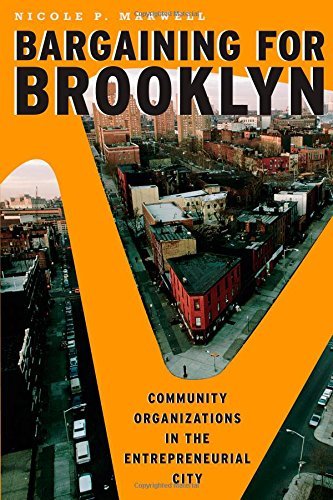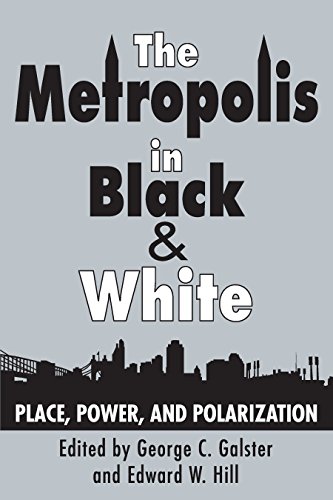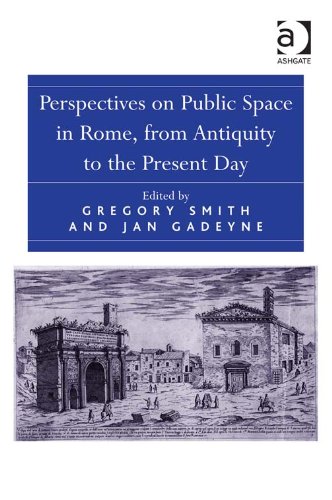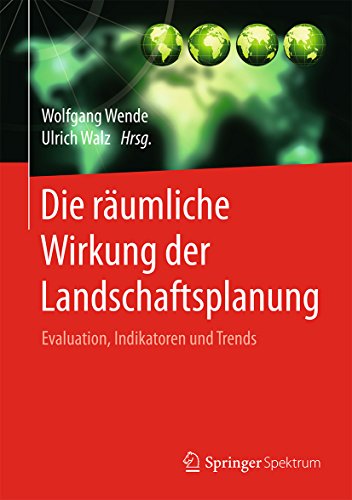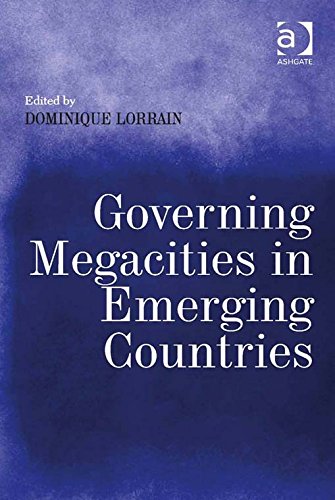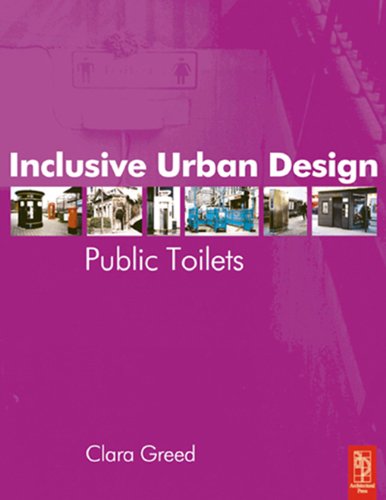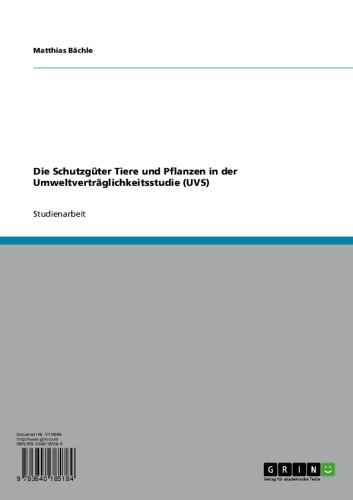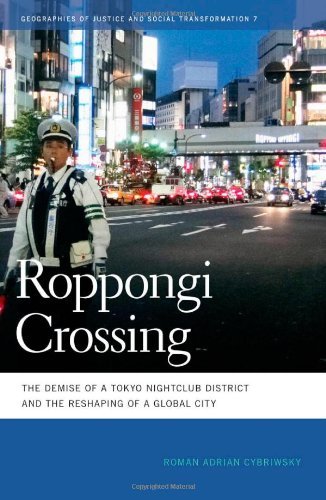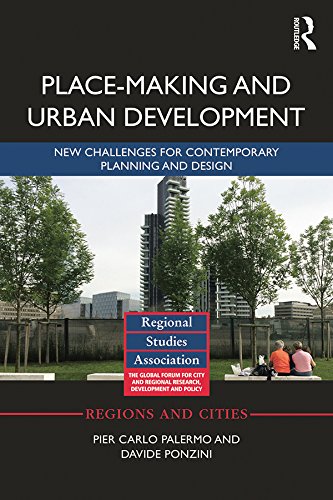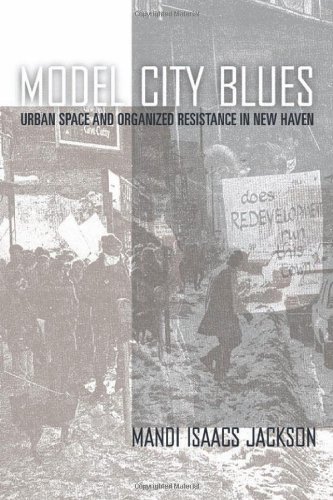By George C. Galster,Edward W. Hill
The city in Black and White highlights a stark truth: America's metropolitan parts are extra polarized alongside racial strains than at any time because the mid-1960s. notwithstanding city components became multicultural, the editors argue that black-white racial transformations will live longer than ethnic adjustments in metropolitan the USA and that the race factor in so much city components is perceived as a black-white one. Galster and Hill understand that the subject of position, energy, and polarization is strongest whilst blacks and whites are contrasted. African americans, on usual, are the poorest, so much segregated, so much deprived city racial (or ethnic) crew, simply because they're deeply entangled within the net of interrelationships connecting position, strength, and polarization. seeing that those interrelationships shape a finished set of social constructions that oppress African americans, they are often judged to be racist at their center. Race, no longer purely classification, keeps to play a pivotal function in shaping city African americans. In transparent analyses, the participants study employment, source of revenue, the underclass, schooling, housing, future health and mortality, political participation, and racial politics. Intertwined subject matters of spatial isolation, political empowerment, and racial disparities-place, energy, and polarization-guide the analyses. Thisis an essential textual content for classes in city affairs, American experiences, economics, geography, sociology, political technology, city making plans, and racial and ethnic reports. In transparent analyses, the participants research employment, source of revenue, the underclass, schooling, housing, well-being and mortality, political participation, and racial politics. Intertwined topics of spatial isolation, political empowerment, and racial disparities-place, strength, and polarization-guide the analyses. this can be a important textual content for classes in city affairs, American experiences, economics, geography, sociology, political technology, city making plans, and racial and ethnic studies.
